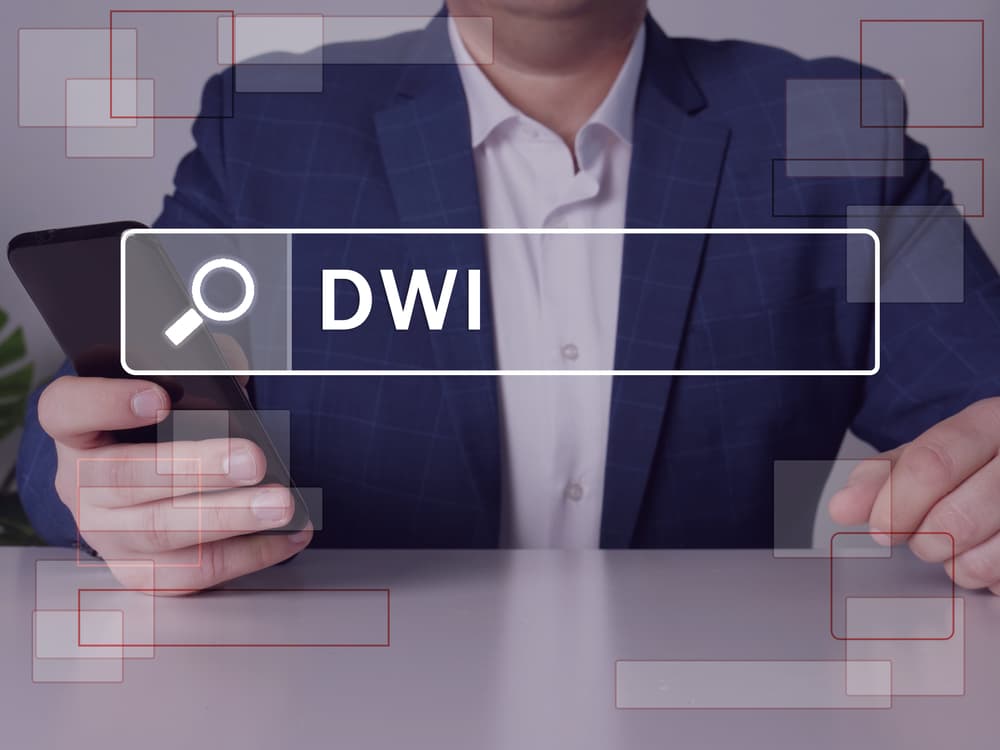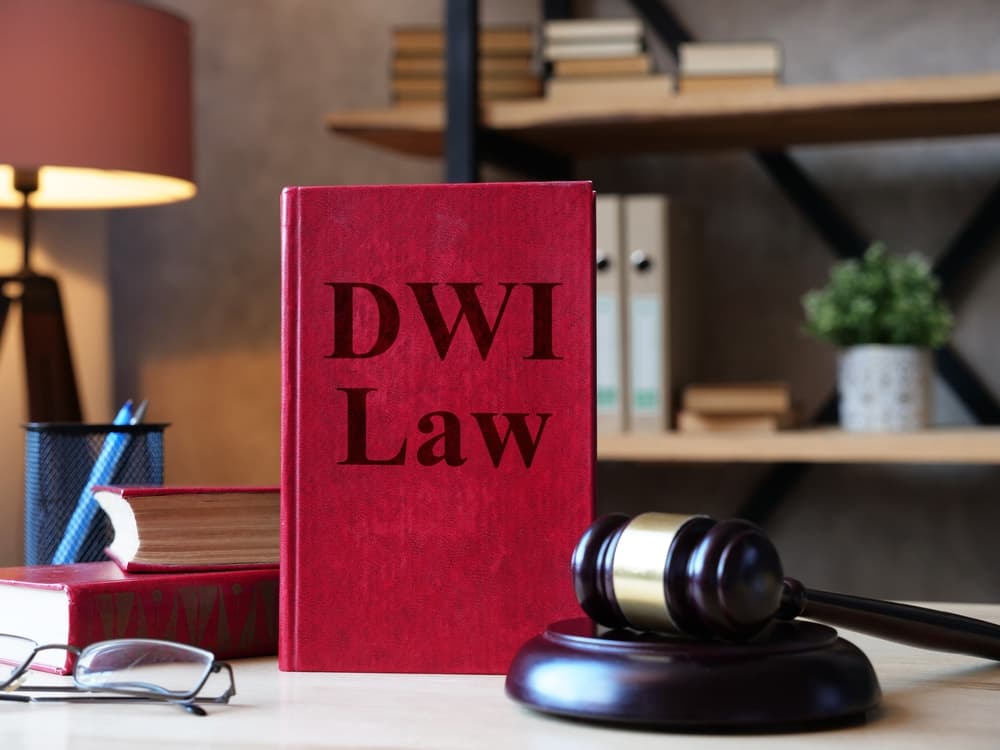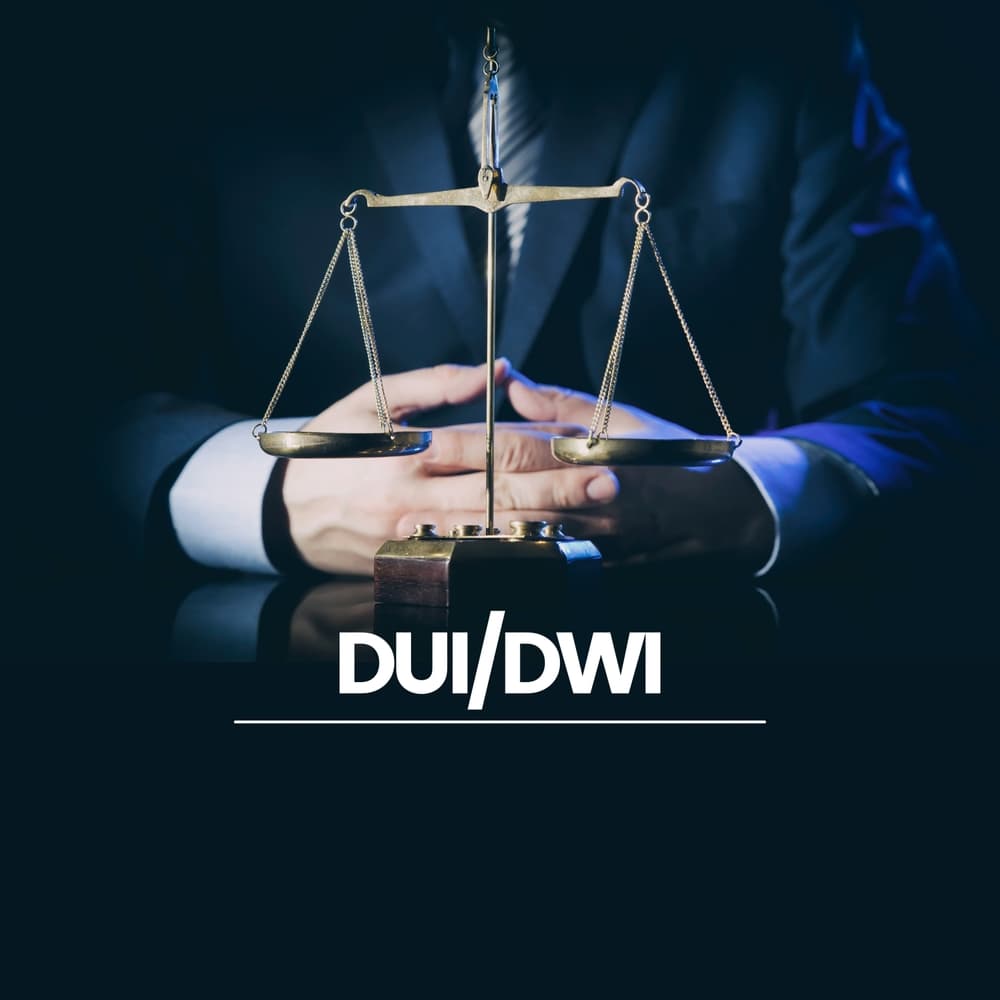Some states allow for expungements of a DWI and others do not. For example, a DWI (Driving While Impaired) in North Carolina cannot be expunged from your record. Certain states’ laws specifically exclude DWI convictions from being expunged regardless of how long ago the conviction or the circumstances of the case occurred. If you are facing a DWI charge, consulting a DWI lawyer can help you understand the implications and explore your legal options.
Schedule Your Free Consultation
Speak to a Criminal Defense Lawyer Who Handles DUI Cases for More Info
However, there are a few limited situations where DWI-related charges can be expunged. Expungement is possible if the case was dismissed or the person wasn’t guilty. Talk to an attorney who handles DUI cases to learn more about your rights.
DWI Expungement Laws
Expungement laws have changed over the years and have become more favorable for many crimes. However, these laws vary by state, in some states like North Carolina, the state legislature has remained firm on DWIs and views them as serious crimes that should stay on your record forever. It is because the state wants to deter drunk driving and protect the public by making repeat DWI offenders face stiffer penalties. This applies to misdemeanor and felony DWI regardless of the case’s BAC level or other aggravating factors.
A DWI conviction remains on an individual’s length of lookback period—7 years for misdemeanors and 10 years for felonies. Also, in some states, an arrest for DWI will appear on a person’s background check even if they’re not convicted.
When DWI-related charges can be expunged

While sometimes, DWIs cannot be expunged, there are specific situations related to DWI charges that can be expunged:
Dismissed Charges: If you were charged with a DWI and the charges were dismissed by the prosecutor or the court, you can have the arrest record and related documents expunged from your record. It is because there was no conviction in the case.
Not Guilty Verdicts: If you went to trial for a DWI and were found not guilty by a judge or jury, you can petition to have the arrest record and court documents about the case expunged.
What a DWI does to your record

Now that you know that a DWI cannot be expunged in certain states, understanding the permanence of a DWI conviction makes getting legal help imperative. A DWI on your record can have long-term consequences, including:
Employment Limitations: Many employers conduct background checks, and a DWI can impact your job opportunities, especially if you need to drive or get security clearance.
Insurance Rates: Auto insurance rates will increase significantly after a DWI, often staying high for several years.
Professional Licensing: A DWI conviction may affect Some professional licenses and limit your career advancement opportunities.
Travel Restrictions: Some countries will not allow entry to people with DWIs on their record or may impose specific requirements. For instance, you may need a temporary residence permit to enter the country.
What an Attorney Can Do in a DWI Case

Since a DWI cannot be expunged in some states, the role of an attorney becomes critical - from the moment of the arrest until the conviction or verdict. An experienced DWI attorney can help with:
Case Evaluation: A DWI defense attorney will review all aspects of your case, including the traffic stop, field sobriety tests, breathalyzer results, and police procedures. They may find weaknesses in the prosecution’s case or violations of your rights, which can lead to dismissed charges.
Defense Development: An attorney can develop a defense strategy based on your case. It may involve challenging the blood alcohol testing, questioning the calibration of the testing equipment, or arguing that the procedures were not followed during the arrest.
Negotiation with Prosecutors: In some cases, an attorney can negotiate with the prosecutors to reduce the charges to a lesser offense. In turn, this may lead to a future expungement. While this is not always possible, having a DWI defense attorney by your side increases the chances of a better outcome.
Other options for a DWI record

While expungement is not available for DWIs, there are other ways to mitigate the impact of a DWI on your record:
Certificate of Relief: As an example, North Carolina provides certificates of relief for certain convictions. The certificates can remove some of the collateral consequences of a conviction - like barriers to employment or housing.
Speak to a DWI lawyer about getting a certificate if you’re charged for DWI. This court order protects people from the disadvantages of prior criminal convictions. It helps a convicted individual get hired and keep their job. Certificates also help people get and keep housing, allow professionals to keep and maintain their licenses, and increase the chance of receiving other benefits.
While a certificate does not remove a conviction, it does show that a person is moving forward. It protects employers and landlords from being sued for hiring or renting to someone with a criminal history.
To obtain a Certificate of Relief, your attorney must petition the court of conviction. The court, in turn, will review the case after notifying the prosecutor. The process may also involve a request for investigation from a probation officer.
Rehabilitation Programs: Completing alcohol education and treatment programs will show responsibility and rehabilitation to potential employers and others who may see your record.
Time and Good Behavior: While the conviction will be on your record, keeping a clean record after a DWI conviction will help mitigate the impact over time.
What to Do if You’re Charged with a DWI
If you’re currently charged with a DWI, taking action now will impact your case:
- Get an Attorney Now: The sooner you get an attorney, the better your outcome will be.
- Document Everything: Keep a record of the incident, including any medical conditions that may have affected the sobriety tests or medications you were taking at the time.
- Follow Court Orders: Follow any preliminary requirements, such as court appearances, substance abuse assessments, or restricted driving.
Future of DWI Laws
While the current laws in some states do not allow for DWI expungement, it’s worth noting that laws can change over time. Some advocacy groups are pushing for changes to the DWI laws, especially for first-time offenders who keep a clean record for an extended period. However, any changes to these laws will likely face strong opposition since the state is tough on drunk driving.
Bottom Line, a DWI Lawyer is Your Best Defense
A DWI conviction in some states cannot be expunged. That’s why knowing this limitation makes it more important to have a strong defense when you’re charged with a DWI. An attorney can make all the difference in your case and potentially keep a conviction off your record.
If you’re charged with a DWI, talk to a qualified criminal defense attorney skilled in DWIs to understand your options and develop a plan for your situation. While sometimes, the conviction can’t be expunged, there are ways to mitigate the impact and move forward after a DWI.
Talk to a DWI Lawyer About Your DWI Charge Now
Don’t go it alone when you get arrested for DWI. To move forward more positively, you should speak to a DWI lawyer. Let them help with the case details so you can focus on a better outcome. Talk to a Criminal justice attorney today.